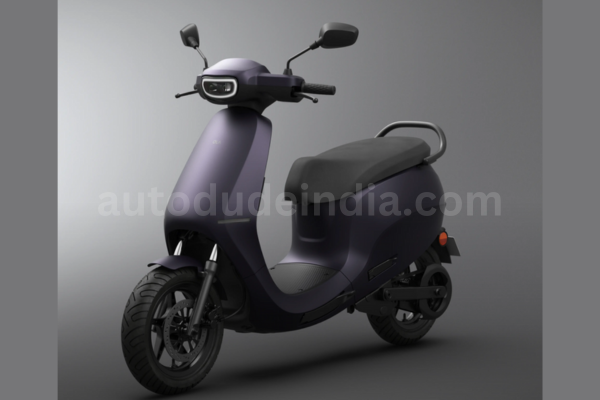Maruti Suzuki sales dropped by 10% in July.

Maruti Suzuki, India’s leading car manufacturer, is adjusting its production strategy to tackle rising inventories and align with the current demand trends. This move follows concerns raised by the Federation of Automobile Dealers Associations (FADA) about a significant pile-up of unsold vehicles at dealerships across the country. The company’s parent, Suzuki Motor Corp, highlighted the need to closely monitor market demand to avoid further stock accumulation.
Key Highlights:
- Maruti Suzuki reduces production as market inventory rises.
- July dispatches to dealers dropped by 10% YoY due to weak demand.
- Average discounts increased to Rs 21,700 in April-June from Rs 14,500 in the previous quarter.
- Maruti dealerships held a 37-day inventory as of June-end, slightly above the optimal level.
- Retail sales improved in July, but overall demand remains lower than expected.
Maruti Suzuki Weak Demand Leads to Production Cuts
In July, Maruti Suzuki’s domestic passenger vehicle dispatches to dealerships fell by around 10% year-on-year, reflecting the weaker-than-anticipated demand. The April-July period saw a 2% decline in volumes compared to the previous year, prompting the company to scale back production from June onwards.
Suzuki Motor Corp emphasized that while retail sales have seen a slight improvement in July, with a 3% year-on-year increase during April-July, the overall demand remains subdued. This has necessitated inventory adjustments to prevent further accumulation of unsold cars at dealerships.
Rising Discounts as Inventory Piles Up
The increase in unsold cars has led Maruti Suzuki to offer higher discounts to clear out inventory. The average discount per vehicle during the April-June period rose to Rs 21,700, up from Rs 14,500 in the previous quarter. This trend underscores the pressure on automakers to maintain sales momentum despite the challenging market conditions.
Managing Inventory Levels
Maruti Suzuki’s inventory levels were slightly higher than the optimal level, with a 37-day inventory at the end of June compared to the standard 30-day benchmark. Rahul Bharti, the company’s executive director for Corporate Affairs, stated that while the inventory is manageable, the company is taking necessary steps to align production with market demand and maintain a balanced inventory.
Conclusion
Maruti Suzuki’s decision to reduce production reflects its proactive approach to managing market challenges and avoiding excessive inventory build-up. The company’s focus on monitoring demand trends and adjusting output accordingly aims to ensure stability in the market while meeting consumer needs.
Also Read:
Maruti Suzuki Commitment to Affordable Cars Amid Market Shift




